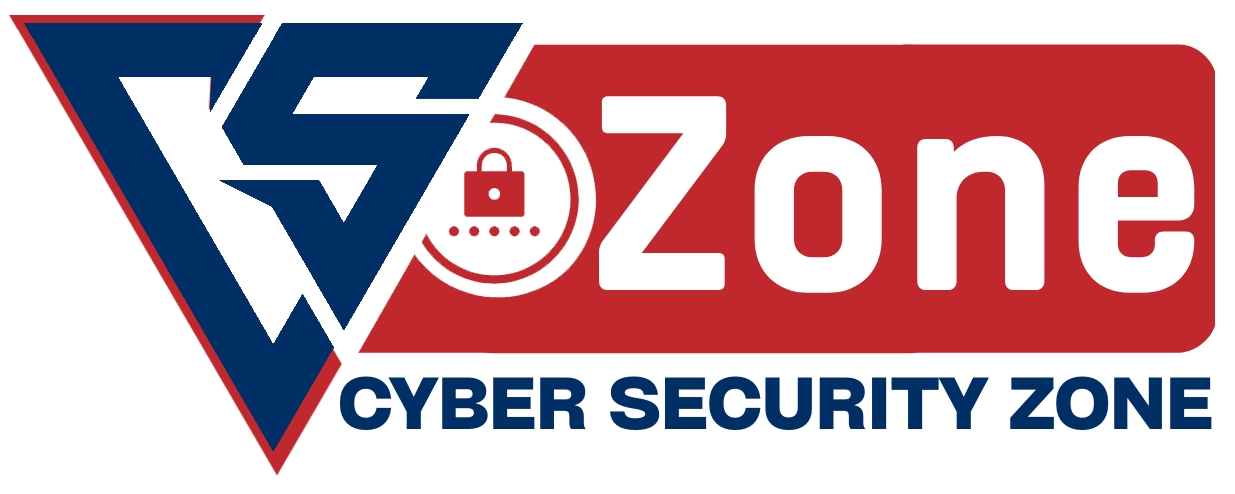Small businesses are increasingly becoming targets for cybercriminals due to their limited resources and often less robust cybersecurity measures. Understanding the common cyber threats facing small businesses and implementing effective protection strategies is crucial for safeguarding sensitive data, finances, and reputation.
Common Cyber Threats:
1. Phishing Attacks:
Phishing is one of the most prevalent cyber threats, involving fraudulent emails, text messages, or websites designed to trick individuals into divulging sensitive information like passwords or financial details.
2. Ransomware:
Ransomware is a type of malware that encrypts files or locks systems, demanding payment (a ransom) for their release. Small businesses are particularly vulnerable to ransomware attacks due to their reliance on digital data and potential inability to afford costly ransom payments.
3. Malware Infections:
Malware, including viruses, worms, and trojans, can infiltrate small business networks and devices, causing data breaches, system disruptions, and financial losses.
4. Insider Threats:
Insider threats involve employees, contractors, or partners intentionally or unintentionally compromising company data or systems. This can occur through negligence, malicious intent, or exploitation by external parties.
5. Weak Passwords:
Weak or easily guessable passwords can make it simple for cybercriminals to gain unauthorized access to small business accounts, networks, and sensitive information.
Protecting Against Cyber Threats:
1. Employee Training and Awareness:
Educate employees about the various types of cyber threats, how to recognize them, and best practices for staying safe online. Regular training sessions and simulated phishing exercises can help reinforce cybersecurity awareness.
2. Implement Multi-Factor Authentication (MFA):
Require employees to use multi-factor authentication (MFA) wherever possible to add an extra layer of security to account logins and access to sensitive systems.
3. Keep Software and Systems Updated:
Regularly update software, operating systems, and applications to patch vulnerabilities and protect against known security exploits. Consider enabling automatic updates to ensure timely protection.
4. Backup Data Regularly:
Implement a robust data backup strategy to regularly back up critical business data. Store backups securely offline or in the cloud to mitigate the impact of ransomware attacks or data loss incidents.
5. Use Security Software:
Deploy reputable antivirus and anti-malware solutions to detect and mitigate threats. Additionally, consider implementing firewalls, intrusion detection systems, and endpoint protection tools to bolster your defenses.
6. Enforce Strong Password Policies:
Require employees to use complex passwords and change them regularly. Consider implementing password management solutions to securely store and manage passwords across the organization.
Conclusion:
While small businesses may face numerous cyber threats, proactive cybersecurity measures can significantly reduce the risk of falling victim to attacks. By prioritizing employee training, implementing robust security solutions, and staying vigilant against emerging threats, small businesses can better protect their sensitive data, finances, and reputation in an increasingly digital world. Remember, investing in cybersecurity is an investment in the long-term success and resilience of your business. Stay informed, stay protected, and stay cyber-safe.






